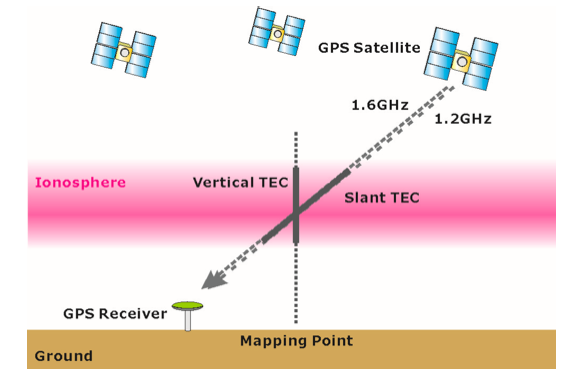If you haven't figured it out already from the title, in this blog, I am blaming the pandemic for my lack of french, among many other things. I'll admit it's my brain's fault as well. But lets put more blame on something that can't fight back. Just can kill me or heavily damage my lungs.
Starting with a little background- my name is Shivangi, and I am from India. The first time I ever travelled abroad was for my PhD. So you can imagine my excitement to move to France and finally start my salaried life :D
I took some french classes before arriving in Nantes in November 2019. Half a day here and I realised the left hemisphere of my brain is pretty useless. But also that I needed it to work in order to survive. This meant I had to re-take language classes if I wanted to show off my french back home.
So, I started my lessons again in January and was excelling them. Nice to know my rupees earlier and euros now were not all wasted. But like always, life had other plans (Somehow, they never really match mine). Fast forward two months, and we were in lockdown. I didn't know enough french to get around and didn't have enough knowledge to do my research alone at home. And so my best friends were Netflix and literature review.
The city opened up again and so did my vigour to learn french. I enrolled for the next semester. And, drumroll...... we were back in lockdown! But this one was not that strict and we were still having online classes. But that meant there was always a google translate page open, you know, just in case. I then figured it out- my french classes were triggering the lockdowns. So I gave up.... For the greater good.
Well, it's safe to say that my french sucks. But I get by. Although it does get overwhelming sometimes to constantly hear a language and catch only bits and pieces. The only relief was when I would go to international events but that was like twice in my last year, thanks again to the great pandemic.
Here I was, hoping to meet aliens, but the only foreign bodies I met should be trapped in my mask and thrown away!
But for anyone learning french, don't let it deter you. Like I slandered stressed said, it was the pandemic's fault. As long as you regularly speak it (with and without mistakes), you'll get there. Just keep practicing with a person, and not with a wall like I did.
Image Credits: Pinterest
Comment below your pandemic story!
Do you also have your own Pandemic PhD stories? Tag our social media channels and share your stories or send it to us here and get featured in our next blog!
Shivangi
Sharan is a third year PhD student at the Laboratory of Planetology and
Geosciences in France. Her research focusses on the study of the
magnetic field of planets and to infer their internal structure from it.
She is an active member of the IAGA Blog Team and can be contacted via
e-mail here.
























